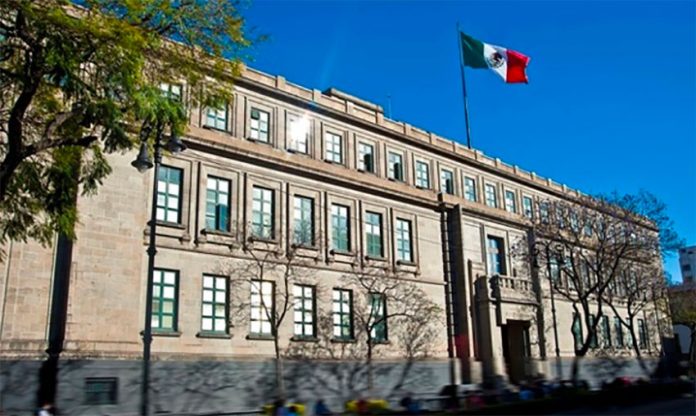President López Obrador has secured Supreme Court approval for a controversial referendum on whether five of his predecessors should face trial for corruption, prompting critics to slam the ruling as a dangerous erosion of constitutional checks and balances.
Jesús Ramírez Cuevas, government spokesman, called the 6-5 vote “a transcendental step towards the construction of a true democracy” and the fruit of “a decades-long fight” for the people to be heard.
Any referendum should by law happen in August but lawyers said López Obrador could now push for the question to be on the ballot in next June’s midterm vote.
The decision sparked a tide of concern that López Obrador had now co-opted one of Mexico’s last autonomous institutions. He is the country’s most powerful president in a generation and has been waging a bitter campaign against media critics that they say undermines freedom of speech.
Since taking office nearly two years ago, López Obrador has concentrated decision-making and acknowledged that he demands “blind loyalty to the project of transformation” that he considers his mission.
Diego Valadés, a constitutional expert, called the ruling “astonishing” and several Supreme Court justices said it trampled human rights including the presumption of innocence.
“Justice is not up for consultation,” said Justice Javier Laynez Potisek. Another, Norma Piña Hernández, said it was her duty “not to yield to more pressures” than those that came with being a constitutional judge.
But Arturo Zaldívar, court president, said it was not the institution’s job “to be a closed door but a bridge allowing people to intervene in major decisions.”
Jesús Silva Herzog, a prominent political commentator, said Zaldívar was proposing “the court’s suicide” and tweeted: “The president’s intimidation worked.”
Hours before the ruling, López Obrador said during his daily news conference that it would be “lamentable” if the court did not back his bid to allow the people to decide whether presidents from 1988 to 2018 should be tried for corruption, social inequality, violence “and many other calamities.”
He had earlier this week vowed to seek to change the constitution if the Supreme Court voted against him.
Images shared on social media showed a crowd of government supporters gathered near the court chanting: “We did it.”
José Miguel Vivanco, executive director for the Americas at advocacy group Human Rights Watch, called it a “constitutional delirium in Mexico.”
“If they have evidence against ex-presidents, they should be investigated. Otherwise, there’s nothing to investigate. They cannot turn the country into a Roman Circus,” he tweeted.
John Ackerman, a law professor at the National Autonomous University and prominent supporter of the president, who is also married to the minister in charge of eradicating corruption from Mexico’s public administration, said López Obrador’s “openness to citizen participation … is not ‘institutional erosion’ but precisely the contrary, it empowers democracy and … helps break with the old entrenched, corrupt practices.”
The poll proposal will go to Congress, where the president has a majority in both houses.
Copyright The Financial Times Limited 2020. All rights reserved.
